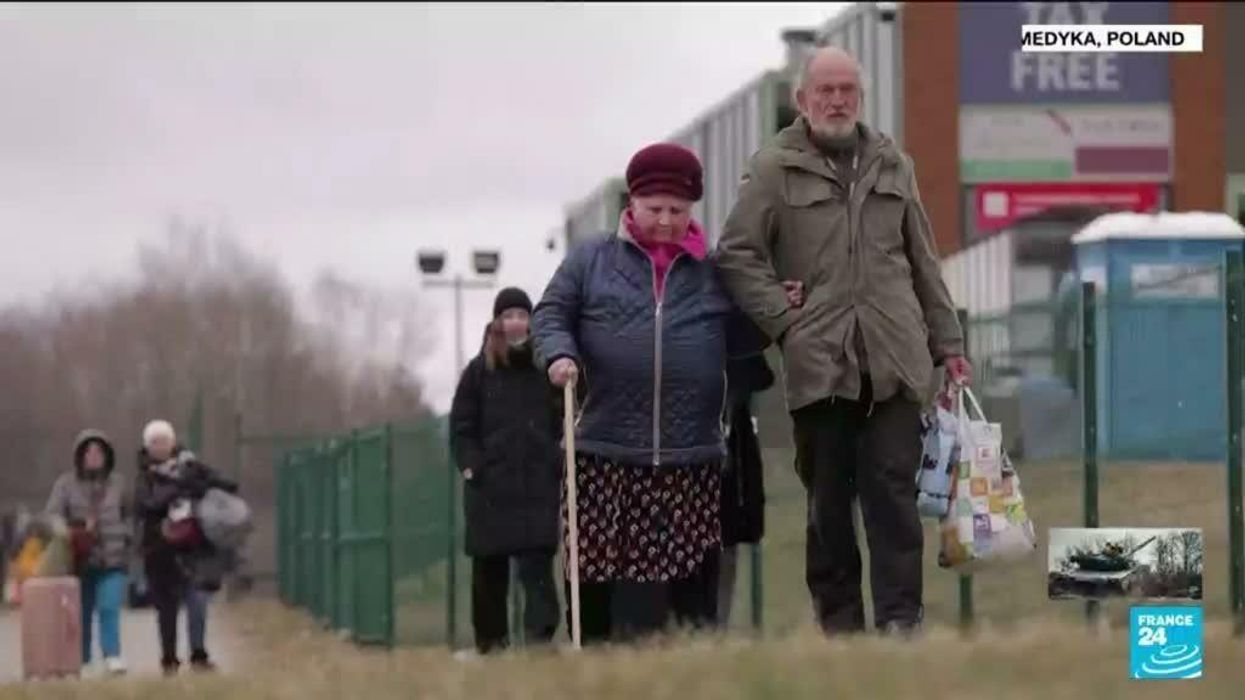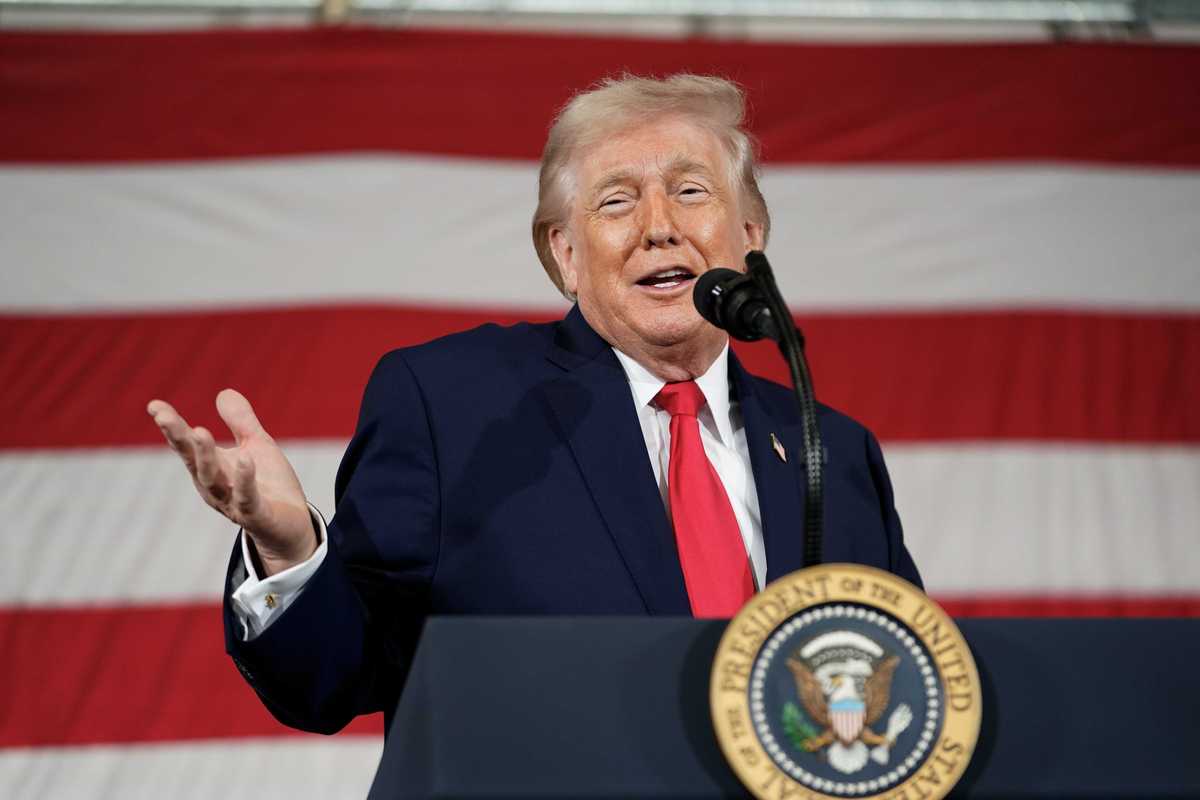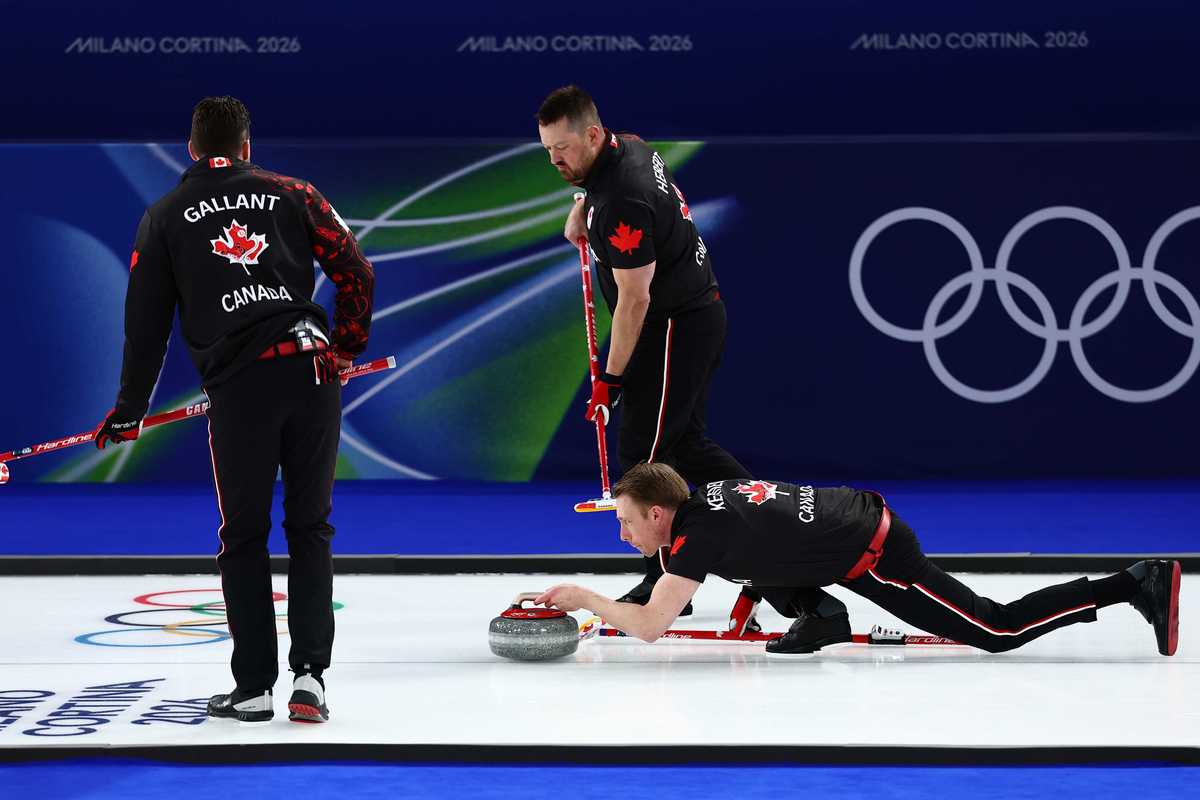The prime minister has unveiled a six-point plan which he hopes will ensure Russia fails in its “horrific” invasion of Ukraine.
In an article for the New York Times, Boris Johnson condemned Russian President Vladimir Putin’s “act of aggression”, and said it “must fail and be seen to fail”.
Johnson made clear that this is not a Nato conflict, and said that it will not become one.
Sign up for our new free Indy100 weekly newsletter
So what’s his plan?
1. Work with other world leaders to create an “international humanitarian coalition”
Johnson said world leaders must work together to establish “an immediate cease-fire and allow civilians safe passage, food and medical supplies.”
2. Help Ukraine defend itself
Johnson wrote that an increasing number of nations are willing to provide defensive equipment to Ukraine, but he said they must act quickly to coordinate their efforts.
3. Go further with sanctions
Expelling Russian banks from SWIFT, “[going] after the oligarchs”, and giving law enforcement agencies “unprecedented powers to peel back the facade of dirty Russian money in London” were mentioned in the piece.
He said all this will be insufficient unless Europe can “wean” itself off “Russian oil and gas that bankroll Mr. Putin’s war machine.”
4. Don’t normalise Russian aggression
Citing Russia’s invasion of Georgia in 2008 and the annexation of Crimea in 2014, Johnson remarked that “Russian aggression merely encourages more aggression”.
The Kremlin cannot “bite off chunks of an independent country and inflict immense human suffering and then creep back into the fold,” Johnson said.
5. Remain open to diplomacy, so long as Ukraine has a seat at the table
“There can be no new Yalta, decided over the heads of the people of Ukraine, by external powers,” he wrote.
6. Strengthen Euro-Atlantic security
This includes strengthening Nato’s eastern flank, as well as supporting non-Nato countries that may be at risk of Russian aggression, such as Moldova and Georgia. On the other hand, countries that “participate or enable Russian aggression, such as Belarus”, will be sanctioned.
The prime minister will hammer home his message when he meets with Canadian Prime Minister Trudeau and Dutch Prime Minister Rutte at Downing Street on Monday.
Then on Tuesday, Mr Johnson will host leaders of the V4 group of central European nations – the Czech Republic, Hungary, Poland and Slovakia.
No 10 said it was these countries that are already facing the humanitarian crisis caused by the invasion, as the number of people fleeing Ukraine reached 1.4 million in just 10 days.
In other news this morning, Defence Secretary Ben Wallace has told The Sunday Telegraph that the West “must not be afraid of Putin”.
He warned the Russian leader – who he said was “acting irrationally and inflicting horrors on Ukraine” – not to “test” the UK.
“The thing to say to Putin is don’t underestimate us, don’t test us,” he told the newspaper.
Meanwhile, Labour leader Keir Starmer has offered to work with Johnson to draft new laws which would prevent oligarchs using their wealth to avoid sanctions.
Labour’s shadow foreign secretary David Lammy said the opposition “fully supports the UK playing its part in the united, international effort to provide military, economic, diplomatic and humanitarian assistance to Ukraine alongside our allies and partners in Nato and beyond”.
He said: “We support an immediate ceasefire, and the full and complete withdrawal of Russian forces from Ukraine’s internationally recognised borders.
“The Putin regime’s illegal invasion of Ukraine is a heinous attack not only on the Ukrainian people, but also on the values of sovereignty, democracy, freedom and the rule of law we all share.”
He added: “At home, the UK government must move faster and harder to impose sanctions on the oligarchs and politicians linked to the rogue Russian regime.
“It is inexcusable that we have fallen behind the EU and the US on the number of individuals and entities sanctioned. Ministers must move faster, acting against Putin’s cronies in days not months.”
For more on Ukraine, follow The Independent’s live blog.
The Independent has a proud history of campaigning for the rights of the most vulnerable, and we first ran our Refugees Welcome campaign during the war in Syria in 2015. Now, as we renew our campaign and launch this petition in the wake of the unfolding Ukrainian crisis, we are calling on the government to go further and faster to ensure help is delivered. To find out more about our Refugees Welcome campaign, click here. To sign the petition click here. If you would like to donate then please click here for our GoFundMe page.














